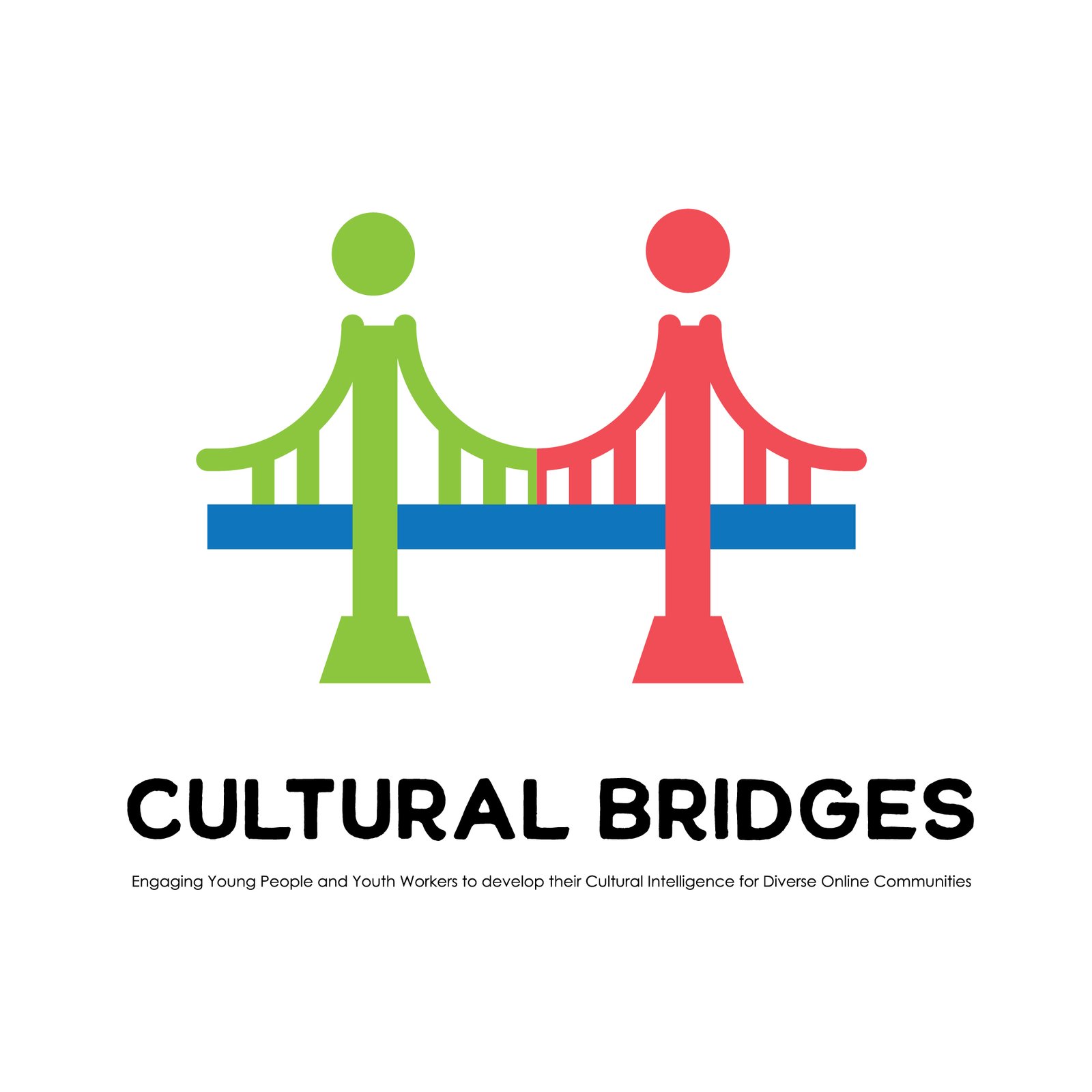Cultural Bridges aims to create a world where cultural intelligence is the norm. By providing cultural intelligence training for youth workers and developing a digital and social media advocacy toolkit for young people, we will enhance cultural understanding and empower them to navigate and thrive in diverse online communities.
PROJECT RESULTS

01. CULTURAL INTELLIGENCE TRAINING
The comprehensive training programme for youth workers aims to equip youth workers with the knowledge and skills to navigate diverse cultural contexts. Through three key modules focusing on cultural knowledge, sensitivity, and communication, participants gain a deeper understanding of different cultures, develop empathy for cultural differences, and master effective ways to communicate across them.
02. DIGITAL AND SOCIAL MEDIA ADVOCACY TOOLKIT
Empowering young people to navigate the online world with confidence and cultural awareness, the toolkit equips them with essential skills. This interactive resource tackles key topics like understanding cultural intelligence, recognizing and addressing cultural intolerance online, and crafting impactful content for social media.


03. CULTURAL BRIDGES SOCIAL MEDIA TAKEOVER FOR YOUTH ADVOCACY
Young people, with their inherent digital fluency, are key players in fostering cultural tolerance online. Cultural Bridges project empower them to lead national, “glocal” campaigns in their respective partner countries. These youth-driven initiatives promotes cultural intelligence within diverse online communities.
IMPROVE YOUR CULTURAL INTELLIGENCE
Are you passionate about enhancing cultural intelligence? Join the online course and gain expertise in navigating diverse online cultures, addressing intolerance, recognizing and addressing cultural intolerance online, crafting impactful content, and leading effective online campaigns!

Project Number: 2023-2-LV02-KA220-YOU-000174659
Funded by the European Union. Views and opinions expressed are however those of the author(s) only and do not necessarily reflect those of the European Union or the European Education and Culture Executive Agency (EACEA). Neither the European Union nor EACEA can be held responsible for them.
